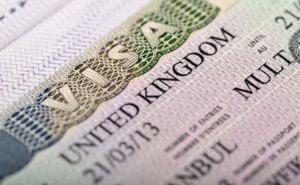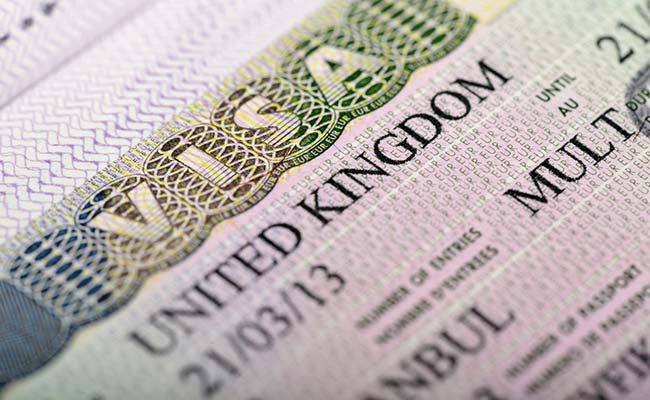 LONDON: The UK Home Office has agreed to review the cases of hundreds of highly-skilled Indian professionals being denied their right to live and work in the country over “trivial” tax corrections.
LONDON: The UK Home Office has agreed to review the cases of hundreds of highly-skilled Indian professionals being denied their right to live and work in the country over “trivial” tax corrections.
Britain’s Home Office minister for immigration, Caroline Nokes, was grilled by the influential House of Commons Home Affairs Select Committee over media reports that professionals who came in on a Tier 1 (General) are being refused their Indefinite Leave to Remain (ILR) over minor, legally acceptable corrections in their tax returns.
“This potentially sends a terrible signal, does it not, to highly skilled people of Indian or Pakistani origin who have come over here and have contributed to the country, bringing their skills,” questioned John Woodcock, an Independent MP from the committee.
“Of course, I do not want this country to look like it is unwelcoming to people with high skills who have contributed a great deal. It is important to us that going forward we make sure we have culture change in the Home Office,” Nokes replied, stressing that she is determined to address immigration-related problems following the Windrush scandal involving Caribbean migrants from before the 1970s being wrongfully denied their citizenship rights in the UK.
“It is not about using rules to have a ‘computer says no’ mentality,” she said.
The Chair of the committee, Labor MP Yvette Cooper, demanded why the minister had not asked for a “review of these HMRC [Her Majesty’s Revenue and Customs] related Tier 1 cases to find out how many of them might be serious fraud cases and how many of them might be trivial mistakes that any one of us could have made?”
Nokes assured the committee that a review will be undertaken to establish whether “there is a pattern here in what has gone wrong and whether they are minor errors”.
Sir Philip Rutnam, Permanent Secretary in the UK Home Office, told the committee that he will be looking into evidence to see how many of these refusals are the result of a clear-cut case of deception and where perhaps “overzealous officials have been erring on the side of doubting people rather than giving them the benefit of the doubt”.
The affected professionals, such as doctors, academics and entrepreneurs, are all from non-European Union countries like India, Pakistan, Bangladesh and Nigeria who are based in the UK on a Tier 1 (General) visa. They were entitled to apply for ILR or permanent residency status after a minimum of five years’ lawful residency in the UK. While the visa category itself was discontinued in 2011, former applicants were eligible to apply for ILR until April this year if they met the necessary requirements.
However, legal experts noted a pattern of many such applications being turned down by Home Office caseworkers on the basis of Rule 322(5), a discretionary rule relating to an applicant’s good character. Many of the professionals have since resorted to legally challenge the Home Office’s approach of using a minor tax correction to classify them as “undesirable” migrants.
Aditi Bhardwaj, the coordinator of the Highly Skilled Migrants group which has been protesting over such “unfair” refusals of ILR applications, declared the UK government’s review into the cases a “minor victory”.
“But there is a long way to go. Let us see how the Home Office proceeds on this review. It is shocking that the minister claims to have been unaware of these cases, when we have documentary evidence to prove that she had been made aware of this issue with Tier 1 applicants back in March,” said Bhardwaj, whose team is now preparing its own dossier of evidence for the Home Affairs Select Committee.
While legal experts believe Rule 322(5) is being used as a “near-automatic” means to deny a residency application, the Home Office claims “robust checks” are essential to avoid the potential abuse of the country’s immigration or tax system.
“We take into consideration the nature of the discrepancy and any explanation from the applicant before making a decision,” a Home Office statement said. PTI






